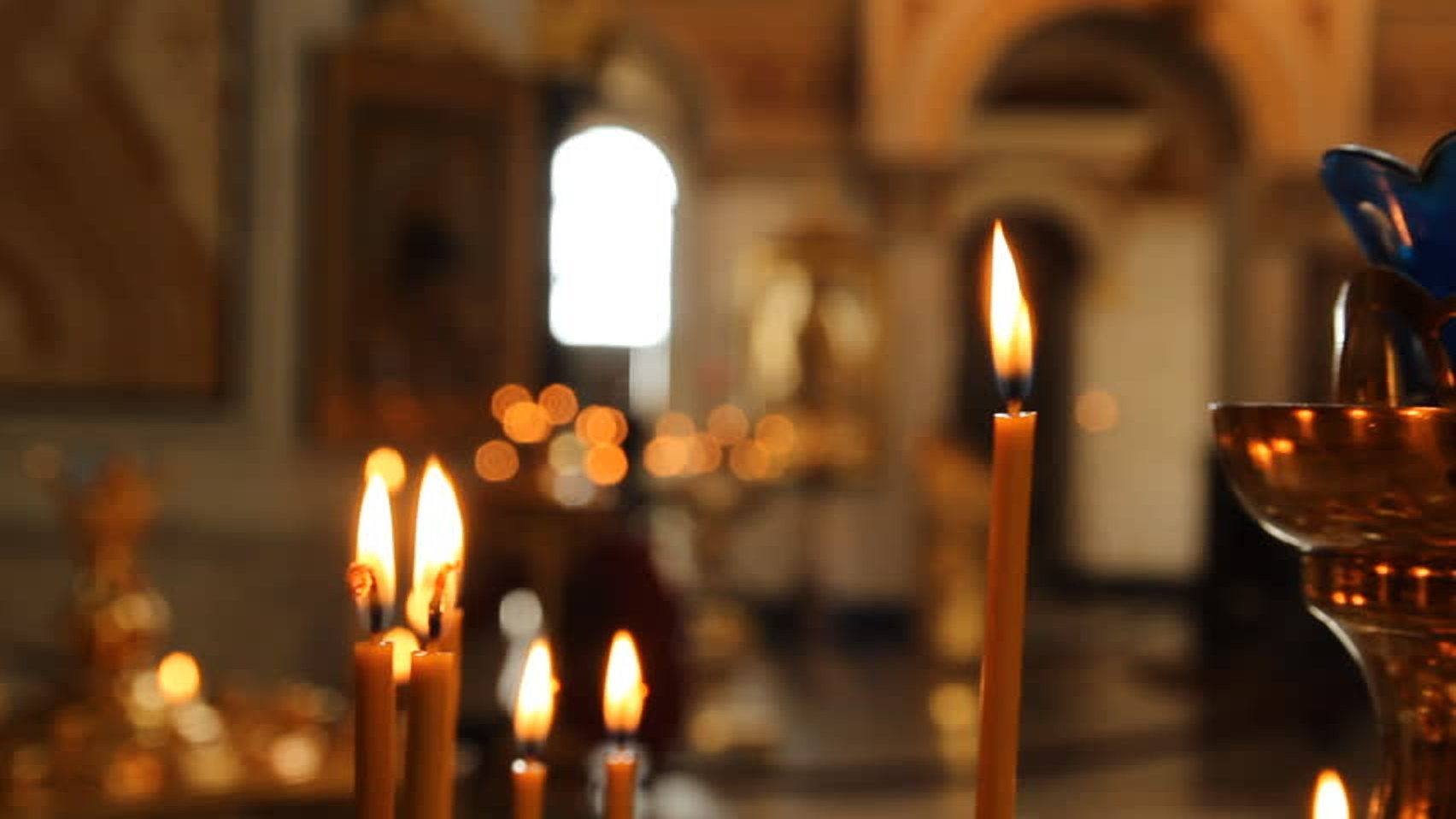New Release: Renée Fleming’s “Lieder”
Renée Fleming’s newest album features songs by Brahms, Schumann, and Mahler. Released on June 14, this is the four-time Grammy winning soprano’s first full-length Lieder album for almost two decades. The recording opens with a beautiful and hypnotic performance of Brahms’ famous Lullaby, Wiegenlied, Op. 49, No. 4. Here are three additional excerpts: Brahms: 4 Lieder, Op. 43 – 2. Die Mainacht “The May Night” describes a shadowy scene of lonely wandering, endless …







